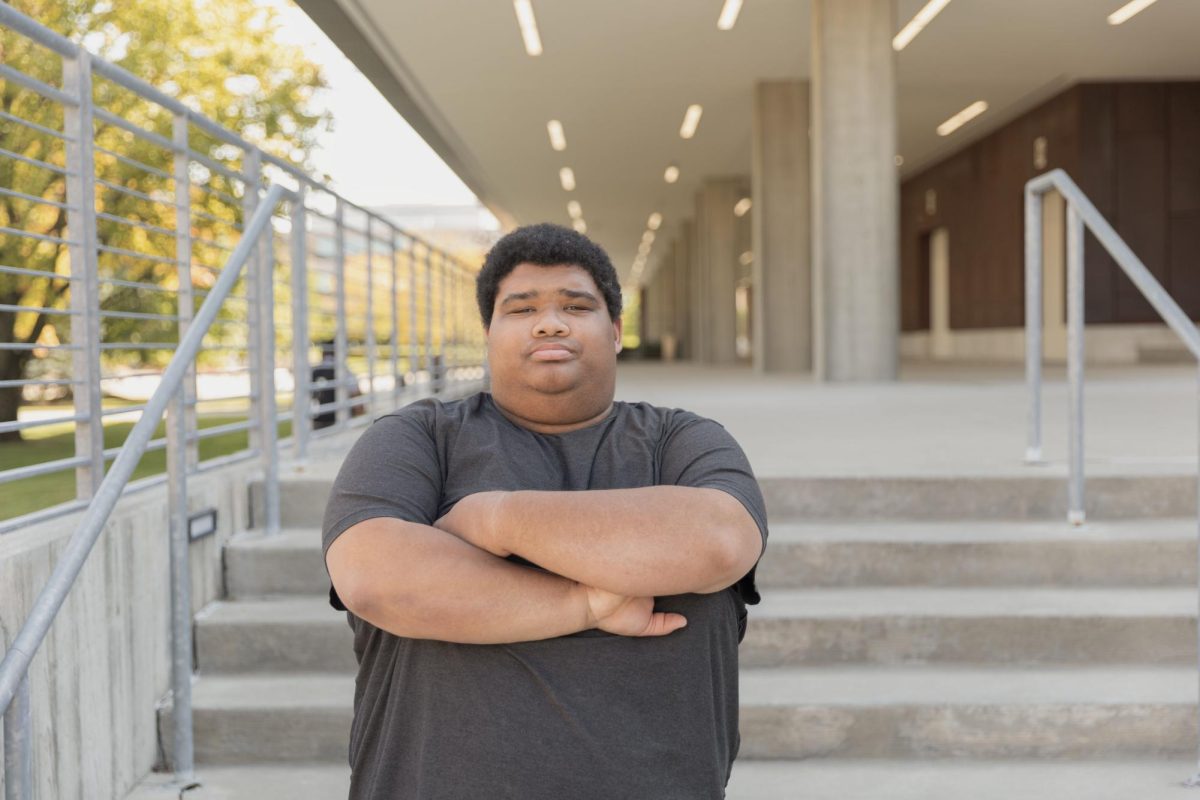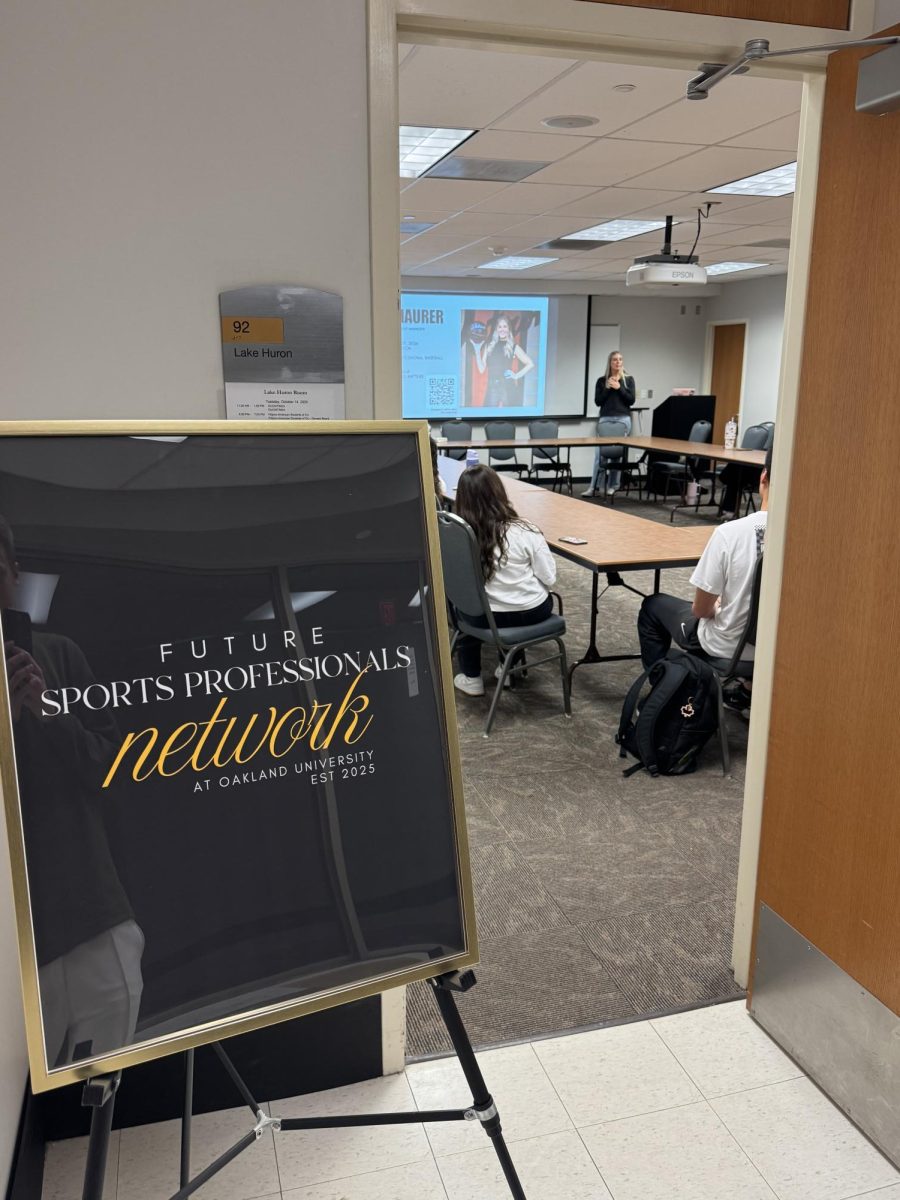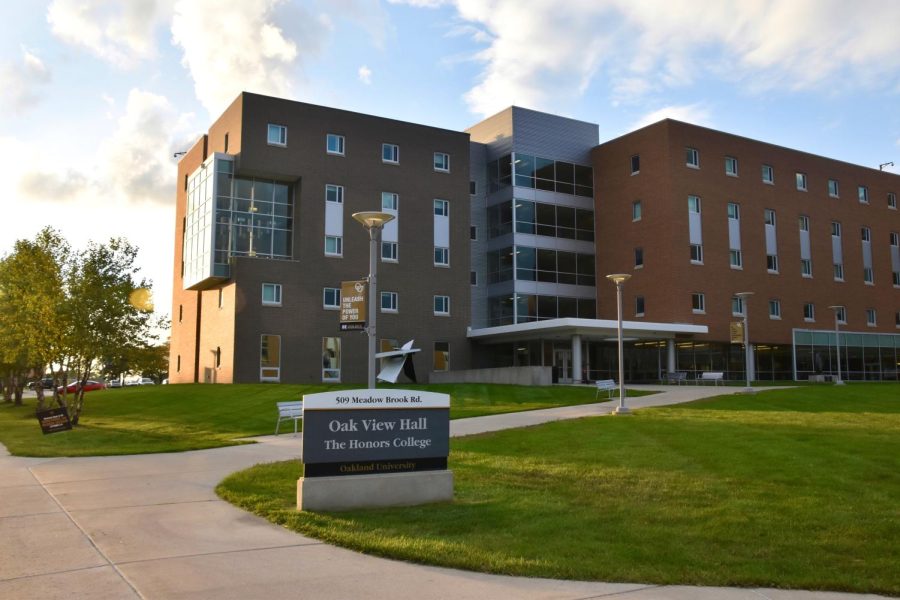Oakland University’s recently announced Center for Civic Engagement panel discussion, set for September 18 at the Oakland Center, advertises that it will focus on “civility.” Such a focus would be laudable if only actions counted as heavily as words. But in this particular case, the words appear like a mask on a disease, enabling decimation to continue unhealed and unredressed.
One of the two featured former governors is Republican Rick Snyder, whose policies wreaked devastation on urban populations around the state beginning in 2013, when legislation enabling emergency management was passed in a lame duck session of the State legislature after that very same law had been voted down resoundingly across the state by ballot initiative. An appropriations bill attachment introduced in the lame duck session allowed the rejected law to be imposed anyway, no longer subject to public challenge. So much for “public discourse”!
The Emergency Managers (EMs) then imposed by the governor were overwhelmingly targeted for majority-minority cities, even though some majority-white communities—according to the State’s own financial records—were in worse financial shape. In consequence, democracy was evacuated for the two largest cities, Detroit and Flint served by OU (among other urban centers around the state). And the rest, as they say, is history.
Patently, a brutally uncivil history!
Shutoffs in Detroit travestied more than 100,000 households over the ensuing six years, cutting off water to any unit more than $150 or two months in arrears, while the big players like Ford Field, Joe Lewis Arena, Palmer Park Golf Course, and the State of Michigan itself owed respectively, $70,000, $80,000, $420,000, and $70,000, with nary a shutoff among them. Thousands of homes were foreclosed, families broken up, disease incidence amplified.
Meanwhile in Flint a sequence of four EMs pushed through the April 2014 switch from the Detroit Water and Sewage Department to the Flint River, immediately resulting in foul-smelling, turgid-brown-appearing flows from faucets all over the city, transmitting (among other dangers) lead poisoning, affecting tens of thousands of Flint residents, adults and children alike. Despite continuous attempts to get Snyder administration attention, citizen voices were dismissed, citizen health compromised, citizen futures destroyed. Residents are now locked into homes that are unsellable, dealing with medical conditions that can’t be remedied, caring for children who will face a lifetime of mental and physical pain. Talk about “civility” in the face of such sheer depredation is itself sheer absurdity!
Only when forced by outside investigation and reporting finally to “face” the reality, did Snyder finally “acknowledge” the problem. But he has never borne any consequences and managed, with big money cronies and political operatives in tow, to “machinate” the judicial process, such that his life condition remains untouched by the debacle he authored. So much for Snyder and the question of civility.
The issue here, however, is Oakland University’s stance in hosting such an unholy actor unchallenged. It would be quite a different scenario were the panel populated not by a Democratic governor from a previous century, but by actual community representatives, especially of color, who fought against those policy initiatives in street demonstrations, appearances before legislature in Lansing, writing articles in local papers, organizing intervention to deliver water to desperate citizens, crafting plans for water affordability correlated with income, even blocking shutoff trucks in very respectful, very polite “civil” disobedience, seeking redress before juries of citizen-peers in courtrooms as the only remaining venue of “democratic” process left where emergency management had been imposed. Were the panel composed of actors like these, able to contest the use of “civil talk” to hide and dismiss very uncivil—indeed, criminal action in the name of “improved public discourse,” the panel might be worthy of the verbiage.
But let’s get real. Since when is the kind of destruction Snyder’s policies imposed comprehensible under the rubric of “civil”? Is there any question about the fact or extent of the destruction or its disparate effects on communities of color? No. There is only the political manipulation of the legislative process and of the criminal justice system by big money and entrenched interests that has kept the clear agents of the destruction from actual accountability. That Oakland University wishes to collaborate in letting that kind of devastation be effectively whitewashed and erased in the name of “civility” would be laughable if it were not so reprehensible. By doing so, the University casts itself as a wanna-be acolyte, willing to “wink” at such actively produced trauma, for the chance to fawn, neutered and benevolent, at the feet of self-congratulatory Good Old Boy-ism!
No wonder the public increasingly distrusts “higher” education.













a not-so-proud grizzly • Sep 12, 2023 at 9:38 AM
I’m not at all opposed to inviting controversial figures to campus, but in the case of the Snyder event, it’s terribly insensitive to our neighbors in Flint. Imagine the parents of children who will suffer life-long impacts from lead poisoning must feel when they learn that the man most responsible for such a horror is being given a public platform on our campus. Anyone who says that this is a chance to hold him accountable is either being disingenuous, or less likely, very naive. The event will probably consist of two former governors who share similar political views responding to carefully vetted softball questions lobbed underhand from the audience. Hardly “convening a conversation”, and not at all civil.
anonymous • Sep 11, 2023 at 7:19 PM
The criticism here misses the point. This isn’t an event about the Flint Water Crisis, it’s an event bringing two former governors to OU (from each party) for an open discussion. If you are frustrated by Snyder, go ask him hard questions. Better yet, ask the OU leadership to support your efforts to hold an event about the Flint Crisis. But, it’s antithetical to the idea of a university to shut down speech because it’s by a person you don’t like. Many feel that the current governor made disastrous and immoral decisions about nursing home patients during the COVID crisis. Does that disqualify her from being at OU? What about Joe Biden….could he not speak because of his border policy or bungled situation in Afghanistan? We have hosted Lech Wałęsa on campus before. He is a Noble laureate, but also has what many (me included) believe to be regressive views about LGBTQ issues. Should he not come back?
I don’t dispute the concern about Snyder’s record, but the idea that a university is contributing to “whitewashing” because it hosts an open dialogue is a disingenuous claim. Cancelling is the easy play; engagement with those we dislike and with whom we disagree is the hard one. The best thing we can do is hold people to account for their decisions, not let them off the hook by failing to engage.
Lily Mendoza • Sep 12, 2023 at 1:38 AM
I think your comment missed what the letter is asking for, which is not for cancellation, but inclusion: “The issue here, however, is Oakland University’s stance in hosting such an unholy actor unchallenged [key word here is “unchallenged.”] It would be quite a different scenario were the panel populated not by a Democratic governor from a previous century, but by actual community representatives, especially of color, who fought against those policy initiatives…. Were the panel composed of actors like these… the panel might be worthy of the verbiage.”
Jeffrey Insko • Sep 12, 2023 at 8:14 AM
I would just point out that nowhere in this piece is there a call to shut down down speech or to cancel the event or anything of the sort. Nowhere. It’s plainly a critique of “civility” talk and a call for a MORE open form of dialogue, one the event as envisioned is not designed to foster.
yousef • Sep 12, 2023 at 9:02 AM
well said.